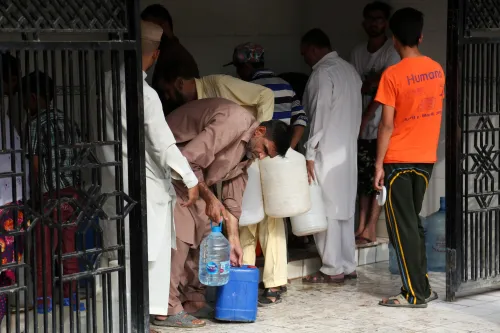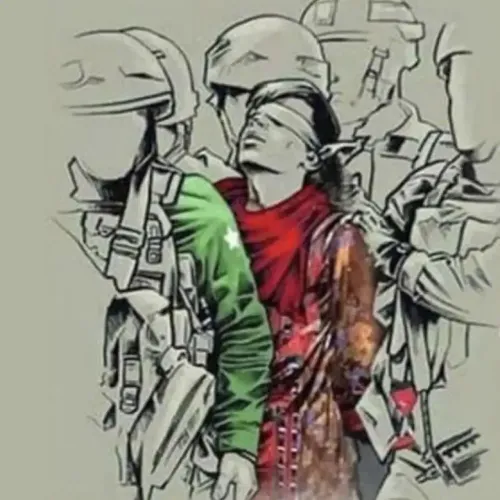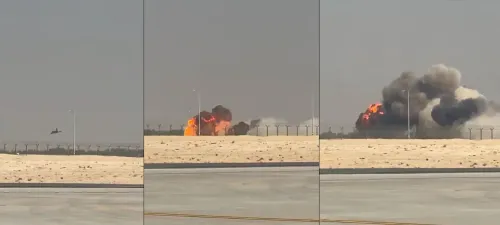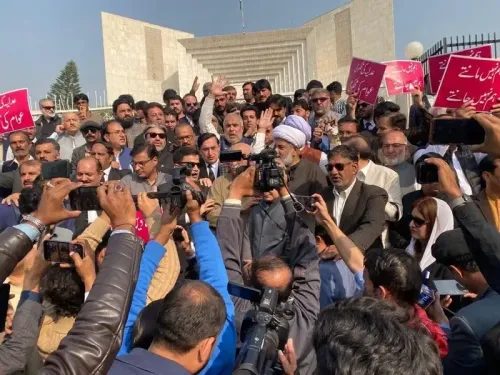Are Visits by Pakistan Army Officials and PM’s Advisor Indicating a Threat to Elections in Bangladesh?
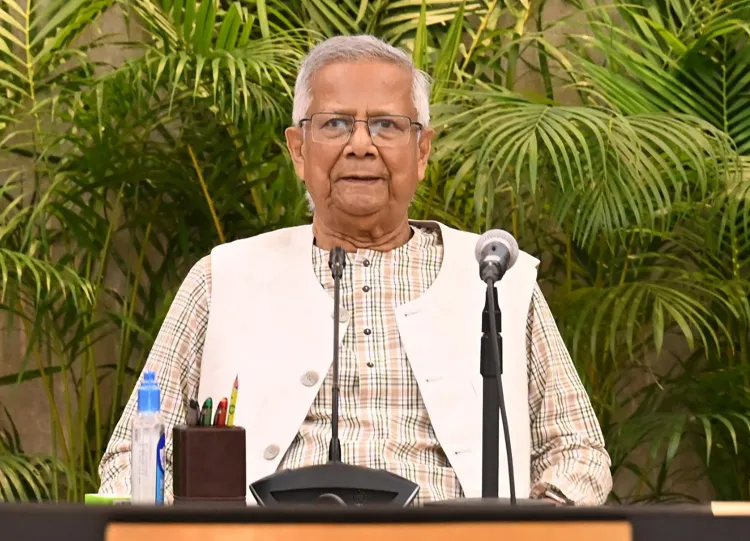
Synopsis
Key Takeaways
- Bangladesh's elections in 2026 are under threat from external influences.
- Involvement of the Pakistan Army raises concerns about violence.
- The BNP holds a significant advantage in current polling.
- Jamaat-e-Islami's role is critical in the upcoming elections.
- Efforts to disrupt the electoral process are evident.
New Delhi, Nov 24 (NationPress) As Bangladesh approaches its eagerly awaited elections scheduled for 2026, indications point towards a tumultuous political landscape. Pakistan appears determined to exert influence in Dhaka by attempting to take advantage of the existing fractures within the political framework.
With the Awami League barred from participating in the elections, attention has now shifted to the BNP, the principal opposition party, and Jamaat-e-Islami, which is perceived as an ally of the ISI that currently holds sway in the country. While Muhammad Yunus leads Bangladesh, he seems to adhere to the agenda set by the ISI, implemented through Jamaat.
Amidst warnings from Jamaat regarding potential electoral violence, Indian intelligence has reported that eight senior officials from the Pakistan Army recently visited Bangladesh. This group consists of both active and retired military personnel.
The delegation includes Brigadier Shoeb Asif Khan, Raja Irfan Yaseen, Muhammad Ashraf Shahid, Syed Saqib, Murtaza, Muhammad Meraj, Afzal Ahmed Khan, Lt. Col (Retd) Ullah, and Waqar Ur Rahman.
According to intelligence sources, these officials arrived in Dhaka last week. Once in the country, they hired helicopters to reach the India-Bangladesh border, where they held discussions with militants in the area, instructing them to escalate violence as the elections draw near.
Prior to this, two visits by a former Pakistan Parliament member and an advisor to Prime Minister Shehbaz Sharif were also scrutinized by intelligence agencies. Shah Mahmood and Shah Baz Humaira met with political figures in Bangladesh before departing the country on November 16.
These occurrences coincide with warnings from Jamaat-e-Islami emir Dr. Shafiqur Rahman, who has raised alarm over a potential 'election genocide' if the polls coincide with a national referendum. He argues that the elections do not offer a fair environment, and conducting both significant events simultaneously could overwhelm the system.
Experts highlight that Jamaat finds itself in a precarious position. Under Yunus's leadership, Jamaat appears to follow the directives of the ISI. Current polling indicates that the Bangladesh Nationalist Party (BNP) holds a significant advantage in the absence of the Awami League.
Jamaat, currently lagging behind, is anxious about the election outcome. With the BNP and Jamaat having severed ties, a BNP victory would jeopardize Jamaat's influence over the country.
The BNP aims for a return to stability and is unlikely to adopt a radical approach as in previous terms. It is also working to improve its public image, a move that does not sit well with the ISI and Jamaat. Additionally, the BNP is open to rekindling relations with India, which has been facilitated by ongoing discussions between Indian officials and BNP representatives over the past year.
Consequently, the only avenue left for disruption appears to be inciting violence to derail the electoral process. The ISI seems intent on maintaining Jamaat's control to operate through a proxy. If Jamaat retains authority, the ISI can continue its operations without facing opposition. This strategy aligns with the ISI’s broader objective of keeping the northeastern border tense, thereby impacting India's national security, according to officials.
Under Yunus, Pakistan has gained numerous concessions, including the opening of sea routes, eased visa protocols, and restored ties aimed at undermining India. With the approach of election day, there is growing anxiety that its proxy, Jamaat, may lose influence. Thus, Pakistan appears to be mobilizing a substantial strategy to disrupt the elections and ensure that Bangladesh remains under Jamaat's control, as per an Intelligence Bureau official.

